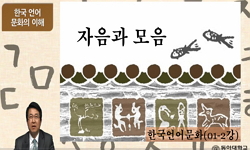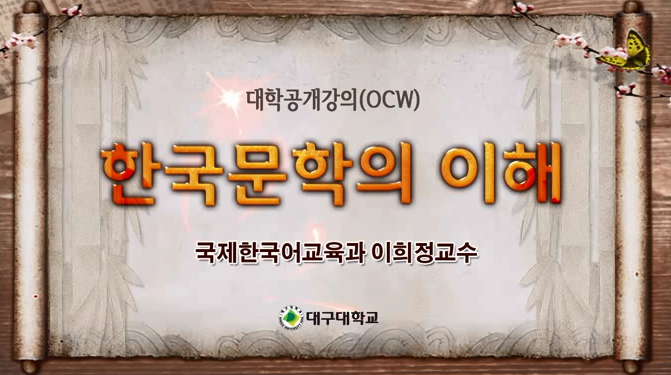This study analyzed for the content of the “complaints” in Korea trip by Japanese tourists, in particular, focused on their feeling as “trouble, or problem” in the customer service scenes, and the service provider’s response to it, and inves...
http://chineseinput.net/에서 pinyin(병음)방식으로 중국어를 변환할 수 있습니다.
변환된 중국어를 복사하여 사용하시면 됩니다.
- 中文 을 입력하시려면 zhongwen을 입력하시고 space를누르시면됩니다.
- 北京 을 입력하시려면 beijing을 입력하시고 space를 누르시면 됩니다.
https://www.riss.kr/link?id=A103735416
- 저자
- 발행기관
- 학술지명
- 권호사항
-
발행연도
2015
-
작성언어
Japanese
-
주제어
Korean-Japanese ; Apology ; Language Culture ; Customer Service ; Complaint ; 日韓 ; 謝罪 ; 言語文化 ; 接客 ; 不満
-
KDC
830
-
등재정보
KCI등재
-
자료형태
학술저널
- 발행기관 URL
-
수록면
31-45(15쪽)
- 제공처
-
0
상세조회 -
0
다운로드
부가정보
다국어 초록 (Multilingual Abstract)

This study analyzed for the content of the “complaints” in Korea trip by Japanese tourists, in particular, focused on their feeling as “trouble, or problem” in the customer service scenes, and the service provider’s response to it, and investigated by targeting the customer’s reviews on the internet. The writer considered the typology (classification), similarities and features focusing on “no apology” or “the way of apology”, and targeted the difference of “apology culture” between Korea and Japan for the consideration as one of the factors which cause the “complaints”. Also, the writer picked up the case that the “complaints” were resolved because of the “apology act”, and pointed out the importance of apology for Japanese customer. Through this research, the Japanese response or not is important to the South Koreans is dealing with matters that it became clear. It became clear that the importance is “whether there is one’s reaction to complaints or not” for Japanese people, on the other hand, “whether there is one’s dealing with the complaints or not” for Koreans people through this study. From the result above, the writer examined about “presence or absence of the reaction for Japanese people” and “Korean people’s unresponsive, or silence” furthermore, and expanded the target of study as far as “the silence of the Korean culture” and “the response to the apology”.
목차 (Table of Contents)
- 1. はじめに
- 2. 先行研究
- 2.1 謝罪行動研究の概要
- 2.2 謝罪行動の日韓比較研究
- 3. 調査および結果
- 1. はじめに
- 2. 先行研究
- 2.1 謝罪行動研究の概要
- 2.2 謝罪行動の日韓比較研究
- 3. 調査および結果
- 3.1 インターネット口コミ調査
- 3.2 予備調査
- 3.3 アンケート調査(日本)
- 4. まとめと今後の展望
- [參考文獻]
-
동일학술지(권/호) 다른 논문
-
- 한국일본언어문화학회
- 飯干和也
- 2015
- KCI등재
-
日本語方言談話における受話法について -新潟県下田村方言を中心に-
- 한국일본언어문화학회
- 渡邉有紀恵
- 2015
- KCI등재
-
「マイナス待遇表現のプラス待遇化」 -発話機能と人間関係の相関性を中心に-
- 한국일본언어문화학회
- 金修卿
- 2015
- KCI등재
-
- 한국일본언어문화학회
- 金廷珉
- 2015
- KCI등재





 eArticle
eArticle






